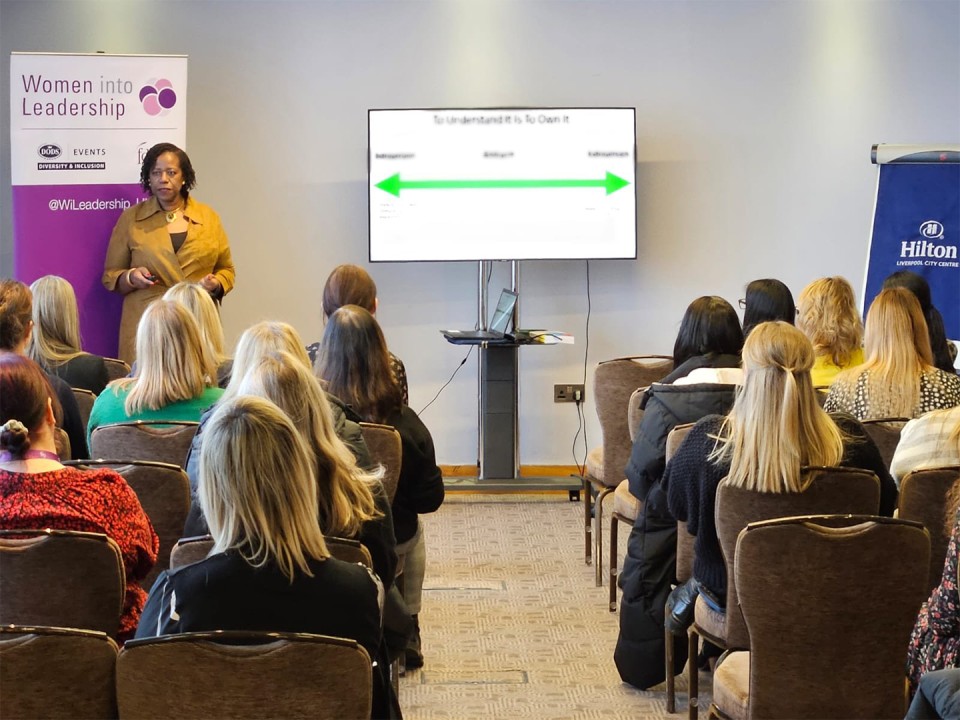The more senior you get as a leader, the more likely you will be required to do public speaking. However, I come across many introverted leaders who hate public speaking, and many of them think that this is because of their introversion.
There are many misconceptions about introversion, one of them being that introverts don’t like public speaking. Yes, some introverts don’t like public speaking, but some do. It is the same for extraverts. Some like it. Some don’t. Introversion and disliking public speaking do not go hand in hand.
Through my work coaching introverted (and extraverted) leaders to be confident and impactful at public speaking, I find that it's invariably not because they are introverted that they don't like, it is because they fear it.
It is not just introverts who fear it. It is reported that a survey was done some years ago, looking at society's most pervasive fears, and the results showed that people feared public speaking more than death.
When it comes to public speaking, people often imagine the worst possible outcome. They worry about things such as ‘I'm going to forget what to say’, ‘I’ll make a fool of myself’, ‘I’ll get asked questions that I can’t answer’, and more...
Worrying about it this way will only make you feel anxious. Feeling anxious about it will negatively affect your speaking performance. Challenge what you think and believe about it, rationalise your thoughts, and ask yourself what a more helpful way is to think about it.
Putting things into perspective in this way will help you to change how you feel about it. If you can do this, it will help you to feel more confident and to perform better.
A coaching client was holding herself back from going for promotion because it would involve a lot of public speaking. She hated public speaking and avoided it at all costs. She thought that she would forget what to say and also that people would ask her questions that she couldn't answer.
I challenged her thinking about this, and she recognised that she had years of knowledge and experience in her field and was seen as a subject matter expert. The chances were that what she feared would not happen.
Doing adequate preparation in advance of public speaking and checking relevant sources to get up-to-date information meant she would be kept up to speed on her subject matter. As such, it would be unlikely that she could not answer questions. Also, if someone did ask her a question that she couldn’t answer, she could tell them that she would find out and get back to them.
I showed her how to deal with the anxiety that creeps in whilst in the middle of doing a talk. Namely, acknowledging what she was thinking and worrying about, but telling herself that she wasn’t going to worry about it at that moment but instead focus on delivering her talk and she would worry about it when she got home that evening.
This enabled her to stop ruminating and bring her mind back to the present which eased the anxiety. Add to this, doing breathing techniques to help calm her nerves before doing a talk, and during it, helped her to feel more confident about public speaking.
If you fear public speaking, address your fears about it first and the rest will come so much easier. And the more you practice it, the more confident you will become.
What is your fear about public speaking and how can you apply the techniques shared to your situation to help you reduce your fear?
In the next newsletter, I will share tips to make your public speaking more engaging and impactful.

